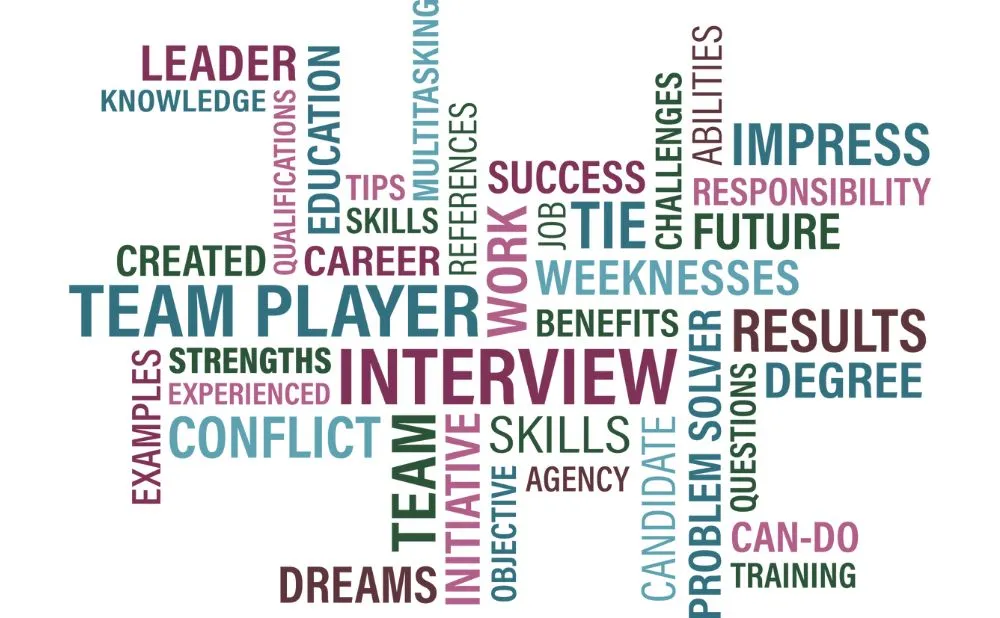Arguably, the most important moment of most job applications is the first interview with the hiring team. Whether you are in your first interview ever or have done many before, this is a true test of your ability to bring everything you’ve got into the room and to showcase your skills.
Of course, a first-round interview bears some uncertainties but you can do a lot to minimise the risk by preparing well. So, here is your homework:
Start with your intention: can you explain (first, to yourself) why you want to work with this company and why you prefer this job? Is there anything sticking out for you that makes you more interested in this company rather than others? Dig a little deeper and write down your findings.
Well before the important day prepare your interview by gathering information and rehearsing your answers to common questions.
1. The Company
Research the company as well as possible. What products or services do they offer? Who are their customers? How big is the organisation and who owns it? What can you find out about the leadership team/hiring manager? Who are their main competitors? What do their customers say about them? What are the employees saying?
2. The Interviewing Team
- Who will interview you?
- What is their role? What do people do in their position on a day-to-day? Are you finding anything that stands out, i.e., their background, media presence, special tasks…?
- Can you find out who will be your future teammates?
3. The Job
- Go through the job description and any further information you might have about the job. Prepare a response to how you satisfy the various requirements. Note that most likely you will not satisfy all requirements which is fine since you would want to grow with your new job. So, try to establish a realistic picture of where you are and where you expect development.
- Prepare and practice a short summary of your background and the story that brought you to where you are today. There are different ways to answer the “Tell me about yourself” question. A solid approach in our view is the Present-Past-Future method which works well with your assessment of relevant skills.
- Present: Like in your CV, start with the most important, your current role and responsibilities. This offers the interviewer immediate insight into your current skill set and work ethic.
- Past: Then, summarise what shaped your career path. Talk about relevant past experiences that have led you to your current position. Depending on the role, this could be the educational background, past jobs, internships, or any other relevant experiences.
- Future: This is about your aspirations. Describe the kind of role you are aiming for and how it aligns with the role you are interviewed about.
4. Questions commonly asked
- Tell me about yourself – Utilise your preparations and present an easy to follow and organised summary
- What sets you apart from other candidates? – You’ve got this! Because you prepared well and looked at the alignment between the job description and your skills: Highlight your top 3 strengths directly related to this role.
- What do you consider your greatest weakness? – Not an easy one to answer, prepare for it! Don’t feel obliged to lay all your cards on the table as nobody can honestly expect to gain a full insight into your least flattering personality traits. You could start with “I’m not sure about my greatest weakness but I can talk about a weakness in the past and how I overcame it.” This way you offer an answer that is job related and get another chance to show your development.
- What is your greatest strength? – Again, try to stay close to the job in question and talk about your (soft) skills and strengths needed in the job you aim for.
- In a competency-based interview there will be questions about your biggest accomplishments, problems you overcame, mistakes you made and your learning outcome from them. We have written a separate guidance for you here. [link to other blog]
- Why do you want to leave your current position? – Caution: don’t go badmouthing the management team in your current job! Try to stay tactful and diplomatic and use this question to thank your current role for the things you have learned but explain why you’re interested in this current role. Explain what you enjoy most about the company and the position you’re interviewing for.
5. Your own questions
- It is important to remember that the interview is just as much for you as it is for the employer. Asking questions in the interview is one of the best ways to determine if a company and position are the right fit for you.
- With an interview flowing well, you might not have to wait until the end but can inquire during the conversation.
- We don’t want to be descriptive about what to ask because we believe that your questions will naturally occur during your interview preparation. Imagine the interview is successful and the hiring team will call you the day after with a job offer. Would you have any further questions before you are ready to accept?
- Remember, your questions are for you to find out if this is the right job for you at this moment in time. Use the opportunity!
6. Next steps
- Even the hardest interview will end! Do you know what happens next? Prepare by asking about the intended application process and what to expect after the interview. This is also a good moment to establish if and when you might be welcome to call again to find out about your interview outcome.
7. Anything else?
- This unassuming little question is your friend before, during and after the interview. Use it in preparation to let your mind go off script and beyond the standard questions. Listen to your head and gut for those answers that might give you the stability and nerves when it gets tough in the interview.
- Use it during and at the end of the interview to reassure yourself that you are on the right track with your answer by asking “Is there anything else you’d like me to talk about?”
Let us conclude with the “Anything else?” question to you. As the recruiter, we will help you prepare as best as possible for your interviews and guide you through the application process.
So if there is anything else you would like us to talk about, please get in touch.
Image by Mary Pahlke of Pixabay






